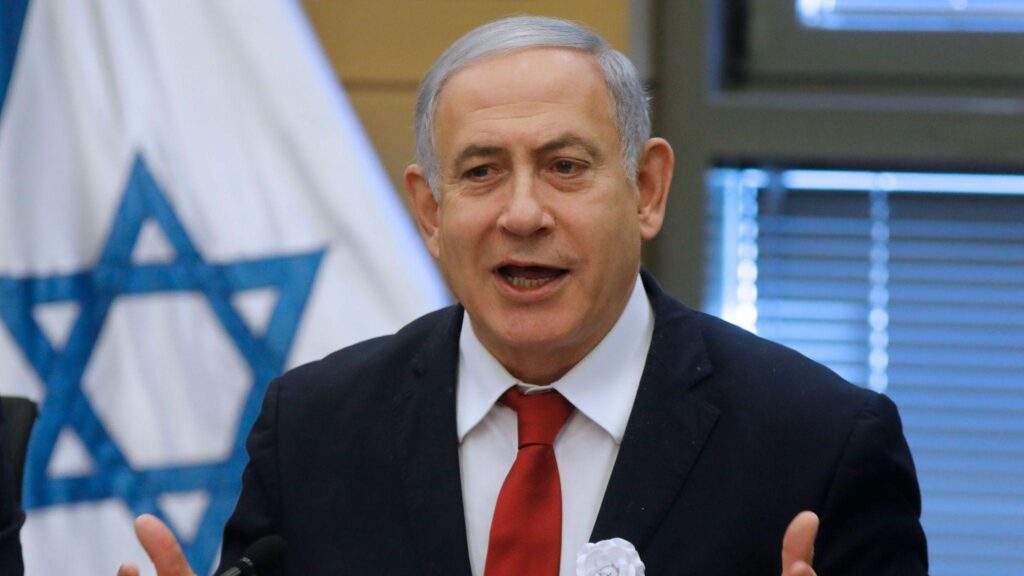As Hamas formally rejected former U.S. President Donald Trump’s ultimatum for a sweeping peace deal, Israeli Prime Minister Benjamin Netanyahu’s allies are pointing to the moment as vindication of his leadership throughout the war in Gaza.
The Trump-brokered proposal, backed by the U.S., Israel, and several Arab states, demanded Hamas release all hostages and accept total surrender without concessions. Hamas responded with what critics call a “yes, but” tactic — effectively a refusal.
Yet, some analysts and supporters argue that the very fact Hamas and its backers in Qatar were forced to respond to such terms underscores how much the battlefield and diplomatic dynamics have shifted since October 7.
Netanyahu, they say, is the reason Israel has reached this point. Facing pressure from Israel’s own military establishment, opposition parties, and foreign governments to scale back operations months ago, the prime minister pressed forward with a strategy aimed at dismantling Hamas’ rule in Gaza.
Critics in Israel’s center-left political class, along with senior security officials, had long urged caution, fearing regional fallout. They opposed the offensives into Rafah and Gaza City’s remaining strongholds, arguing for limited operations rather than a push for decisive victory.
But Netanyahu, backed by right-wing ministers Bezalel Smotrich and Itamar Ben-Gvir who entered his coalition only after centrist leaders refused to join a unity government pressed ahead. That decision, his supporters claim, gave Israel the leverage to reach today’s near-breakthrough moment, where Hamas faces mounting pressure to either surrender or face annihilation.
“Netanyahu stood against the establishment, against foreign pressure, and against the media’s demoralization campaigns,” one political commentator argued. “If not for his endurance, Israel would have ended this war months ago without achieving any real security gains.”
The war has reshaped Israel’s political landscape, exposing deep rifts between the government and elements of the security elite blamed by critics for policies that led to October 7. Netanyahu’s backers argue history will vindicate him, portraying his refusal to bow to pressure as pivotal to Israel’s current position.
Still, uncertainty hangs over Trump’s deal. Hamas could retreat into Gaza’s tunnels and drag out the conflict further, while foreign governments weigh how to enforce the ultimatum.
For now, Netanyahu’s supporters see this as a turning point one they believe proves that Israel’s path to victory was forged not by compromise, but by resilience.


